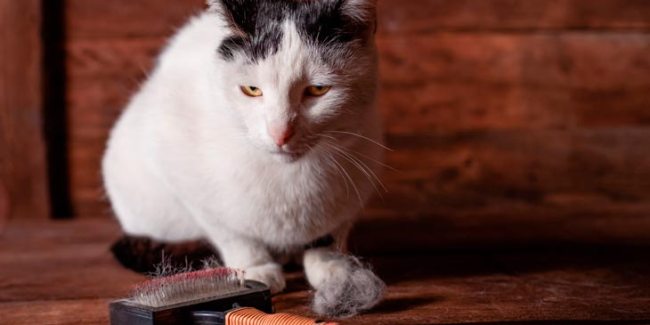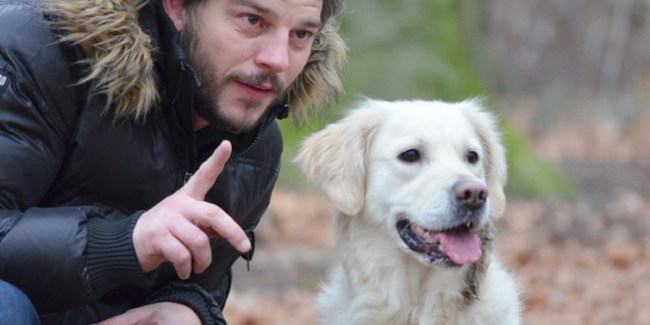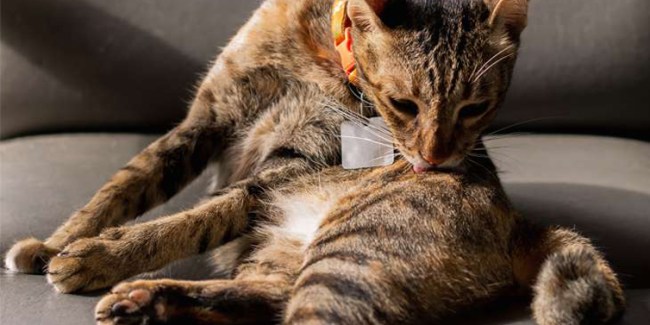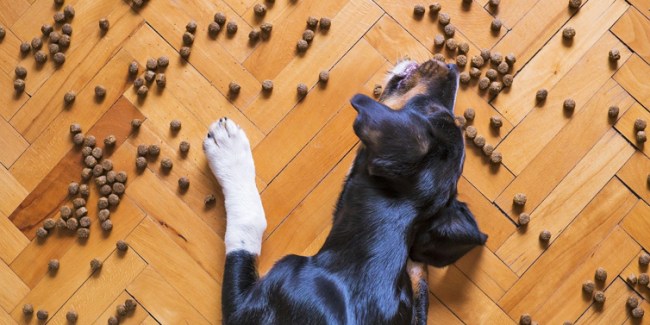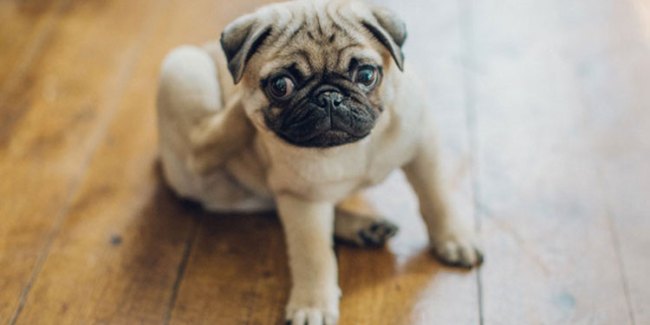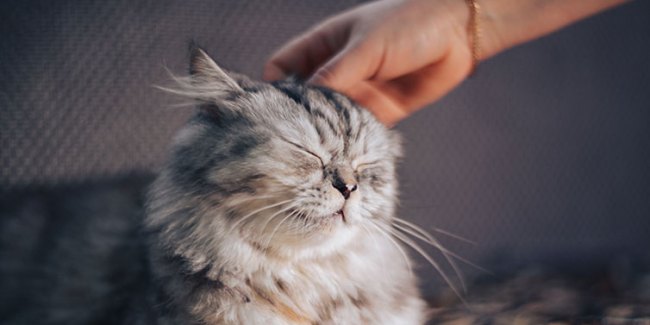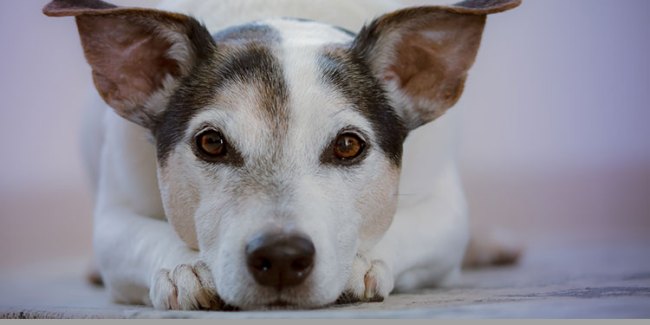Pet-Friendly Homes for Christmas
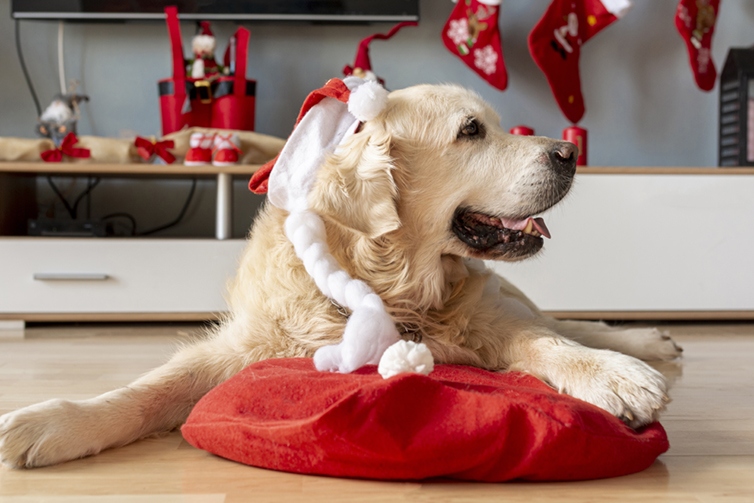
Holidays are wonderful, especially Christmas, and yet they can be stressful for humans and animals, in different ways. Whilst we rush around buying gifts, putting up decorations, baking cakes and entertaining visitors, we need to bear in mind that all of this increased activity can make our animals very anxious. They simply don’t know what’s going on. They see and feel changes in their secure home and in their families and they don’t understand why.
We’re going to provide you with some advice so that you can reduce your pets’, and your own, stress.
There are three main areas that you should consider:
- Safety is key!
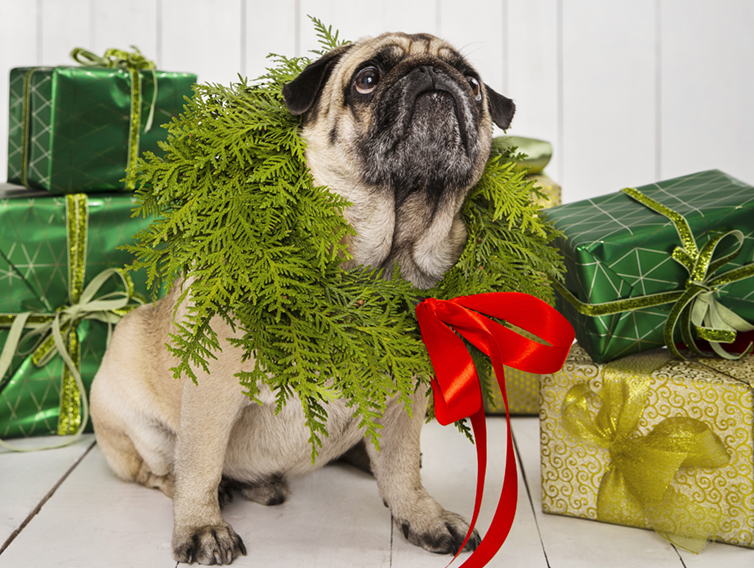
There are several safety concerns regarding your pets over any festive season, which you need to bear in mind.
- Fire Risks
Many families celebrate Christmas with a braai or shisanyama and flickering candles. However, remember that your pets’ fur is very flammable – as are your clothes and your home. Keep an eye on any open fire, inside or out, and get hold of some ‘flameless’, battery-operated candles. Most look very life-like.
- The Christmas Tree
Pets (especially felines) seem to be fascinated by Christmas trees. Cats inevitably want to climb and destroy them and dogs want to remove your carefully-hung ornaments, especially if they’re edible. Apart from this destruction, decorated trees pose potential dangers for pets and humans too.
Tips:
Make sure that your tree is safely and securely attached to a wall or ceiling so that it can’t fall over when your dog or cat is in the process of wrecking it.
Keep all electrical cords secure.
Keep ornaments and sweets on the higher branches, away from your dog’s mouth. Ornaments can be dangerous if broken and eaten.
- Safe Gift-Wrapping
Your gift-wrapping activities may look like the greatest fun to your dog or cat. Also, anything to which you are giving your attention is seen by your pets as a rival for your attention towards them. Glittery ribbons, scrunchy paper and scissors, are all attractive to them but all present possible dangers to your pet. Make sure you don’t leave your tools and all your stuff unattended and put it away when you’re finished. You definitely don’t want your dog or cat to ingest ribbons, eat wads of paper or cut themselves with your scissors.
- Dangerous Decorations
Let’s talk about the dangers of Christmas decorations. Glittery, shiny decorations and crackling paper are very attractive to pets, but many are toxic and very dangerous for them (and for children). If they are eaten (or chewed) they can cause serious stomach issues, injuries, and entail a visit to the vet, which could ruin Christmas Day for everyone.
Potentially dangerous decorations include:
- Plants, such as Christmas trees, mistletoe, holly, poinsettias, lilies (Even fake ones can be dangerous.)
- Glitter
- Hooks and wires used for hanging ornaments
- Fake, spray-on snow
- Ornamental glass globes and snow globes (Broken glass/plastic can also injure mouths.)
- Tinsel
Ensure that any potentially-dangerous items are kept out of the reach of your dogs and cats.
- Food Dangers
We all know that certain human foods are poisonous for pets. Any festive season involves delicious food, but unfortunately, certain items – like raisins, grapes, chocolate, sweets and nuts (especially macadamias), alcohol – are toxic to animals and, if ingested, will require an emergency visit to the vet.
So, make sure that these foods are kept safely and securely out of the reach of your pets. Be careful when you are making your mince pies, Christmas cake or pudding, as the ingredients are toxic to animals.
2. Visitors
Many people, especially those who have no pets, have no idea how to interact with them. Most will arrive in your home with the best of intentions regarding meeting and greeting your dog or cat, but bear in mind that your pets and your visitors may be strangers to one another. Your visitors need you to help them to understand how to treat your pets.
- If your pet has been trained not to accept scraps of food or not to beg at the table, explain this to your visitors and ask them to please avoid feeding your pets with their food.
- Ask your visitors to be calm around your pets and to allow your dogs and cats to approach them (not the other way around) when your pets are ready.
- Pets usually need to know that they have a ‘safe’ place to retreat to, if and when they need ‘space’. The excitement of the festive season and having to deal with new people can be very stressful for some animals. This ‘space’ may be their kennel, crate or sleeping area – make sure that your pets know that this space is accessible to them – and ask your visitors not to intrude.
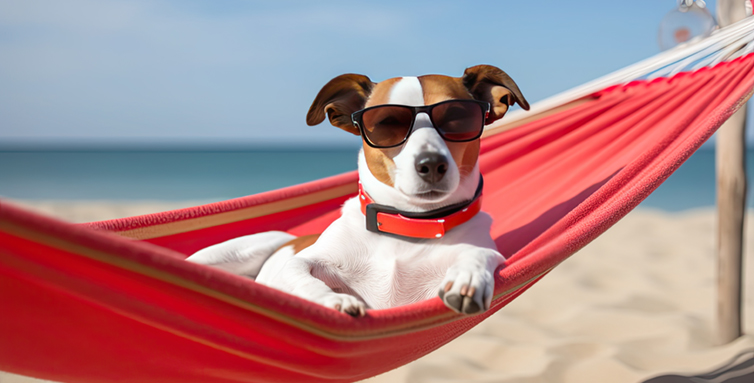
3. Routine is Key
Pets, like children, feel more secure and calm when you stick to their daily routine, which is essential for their physical and emotional well-being. This is particularly important during the holiday season. It may be difficult to follow their routine to the letter, but it will help your pets (and you) to feel more grounded when the world around them seems to have gone crazy and confusing.
How would you feel if, at certain times of the year, your beloved pets became too busy to pay attention to you? This may be how your animals feel when you’re slaving over the kitchen stove, chatting to visitors and when, to them, their home becomes chaotic and scary.
The festive season and all holidays, involve friends and family. Your pet is one of your most loyal and committed friends and family-members. We live in a crazy world in many respects and our animals bring such happiness to us. So try to maintain their routine, which brings happiness to them, as far as you can. It will make them feel more secure and safe during the ‘silly season’.
.
ZA-NON-231100007
Subscribe to our Newsletter
Get to know your furry friend better! Sign up for all things dog- or cat-related.
The Hairy Facts about the dreaded hairball
12 April 2021
Help! My dog’s barking mad! Volume 2
12 April 2021
Your Itchy, Scratchy Cat – All About Cat Skin Problems
12 April 2021
The Dog’s Diet: A Bone of contention?
01 April 2021
Mango Fly Worms: How to Spot and Eliminate them
Posted on November 28,2019
Managing Mange And Mites In Your Dog
Posted on June 11,2018
Why Do Cats Purr and How? Learn What Your Cat Is Saying
Posted on October 14,2020
How to Get Rid of Ear Mites in Dogs
Posted on November 06,2019


